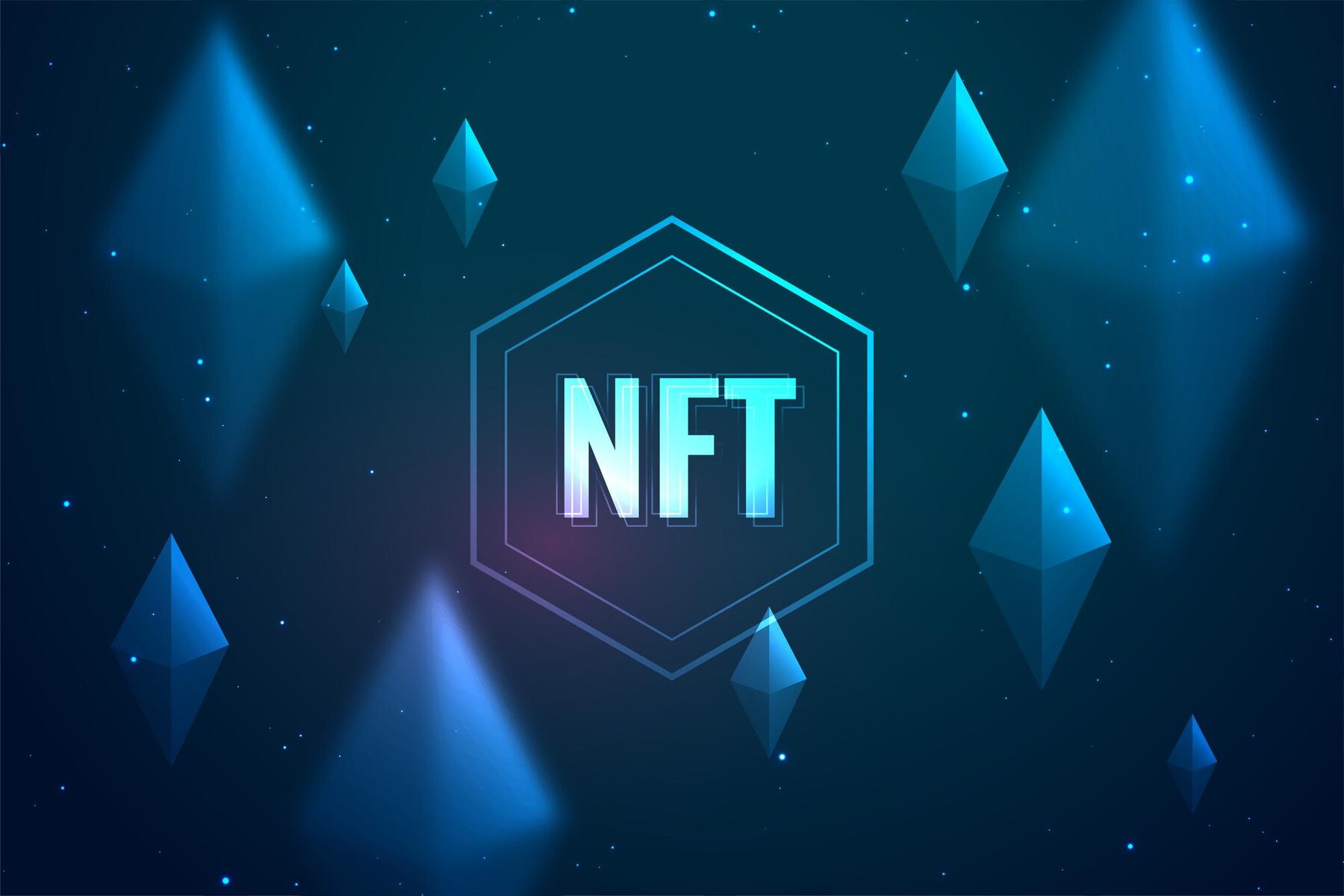
Two users of the NFT marketplace OpenSea have initiated a proposed class-action lawsuit in the United States, alleging that the platform sells unregistered securities contracts. Anthony Shnayderman and Itai Bronshtein filed the suit on September 19 in a federal court in Florida, asserting that the NFTs they purchased on OpenSea, including high-value assets from the Bored Ape Yacht Club collection, have become worthless due to their “illegal nature.”
The plaintiffs argue that OpenSea’s operations fall under the purview of U.S. securities laws. Their claims are bolstered by the platform’s recent disclosure of a Wells notice from the Securities and Exchange Commission (SEC). This notice serves as a warning that the SEC has conducted an investigation and may pursue enforcement actions against OpenSea for potentially facilitating the exchange of unregistered securities.
In their complaint, Shnayderman and Bronshtein reference previous SEC actions against other NFT projects, such as Stoner Cats 2 and Impact Theory, where the agency classified the NFTs as unregistered securities. These cases serve as a precedent, suggesting that similar classifications could apply to the NFTs traded on OpenSea.
The Howey Test and Legal Definitions
Central to the plaintiffs’ argument is the Howey test, a legal standard used to determine whether an asset qualifies as a security. According to Shnayderman and Bronshtein, the NFTs they purchased meet the criteria established by the Howey test, as they represent an investment in a common enterprise with the expectation of profits derived from the efforts of others. This classification could position OpenSea’s NFTs as investment contracts under U.S. law, subjecting them to regulatory scrutiny.
The lawsuit alleges that OpenSea’s NFT listings were “deceptive” and misled the plaintiffs into purchasing what they now consider worthless and unlawful unregistered securities. The plaintiffs argue that OpenSea misrepresented its role in moderating these NFTs, stating that it included “real-world financial instruments…securities” in its offerings.
In addition to the securities allegations, Shnayderman and Bronshtein claim that OpenSea breached a user warranty that promised to moderate its exchange for unregistered securities. They assert that by failing to fulfill this obligation, OpenSea has unjustly enriched itself by collecting fees and accepting funds derived from the sale of unregistered securities. The plaintiffs allege that OpenSea either knew or should have known about the illegality of these transactions.
In a statement to Cointelegraph, Adam Moskowitz, managing partner of The Moskowitz Law Firm representing the plaintiffs, emphasized the necessity for regulatory clarity in the NFT market. “With today’s ever-changing regulation, there should be a process to sell NFTs in a well-regulated environment,” he said. Moskowitz expressed a desire to collaborate with OpenSea to establish a structured approach that benefits both consumers and the crypto industry.
Market Implications
This lawsuit highlights ongoing concerns regarding the regulatory landscape surrounding NFTs and the responsibilities of marketplaces like OpenSea. As the NFT market continues to evolve, the potential classification of NFTs as securities raises questions about compliance and operational standards for platforms facilitating these transactions.
If the court determines that OpenSea’s NFTs are indeed unregistered securities, it could lead to significant changes in how NFTs are marketed and sold, potentially requiring more stringent oversight and compliance measures from the platform. This shift could affect not only OpenSea but the broader NFT ecosystem as well.
As the case develops, both industry participants and consumers will be closely monitoring the situation. The outcome could set a crucial precedent regarding the legal status of NFTs and the regulatory obligations of platforms that trade them. This lawsuit serves as a reminder of the complexities and challenges facing the crypto and NFT markets, particularly as regulatory bodies like the SEC ramp up their scrutiny.
The proposed class-action lawsuit against OpenSea marks a pivotal moment in the ongoing discussion about the classification of NFTs and the responsibilities of platforms that trade them. As the plaintiffs seek justice for what they claim are unlawful transactions, the case may catalyze further regulatory actions and reshape the landscape for NFT trading in the United States.
Featured image credit: starline via Freepik
Follow us for more breaking news on DMR
